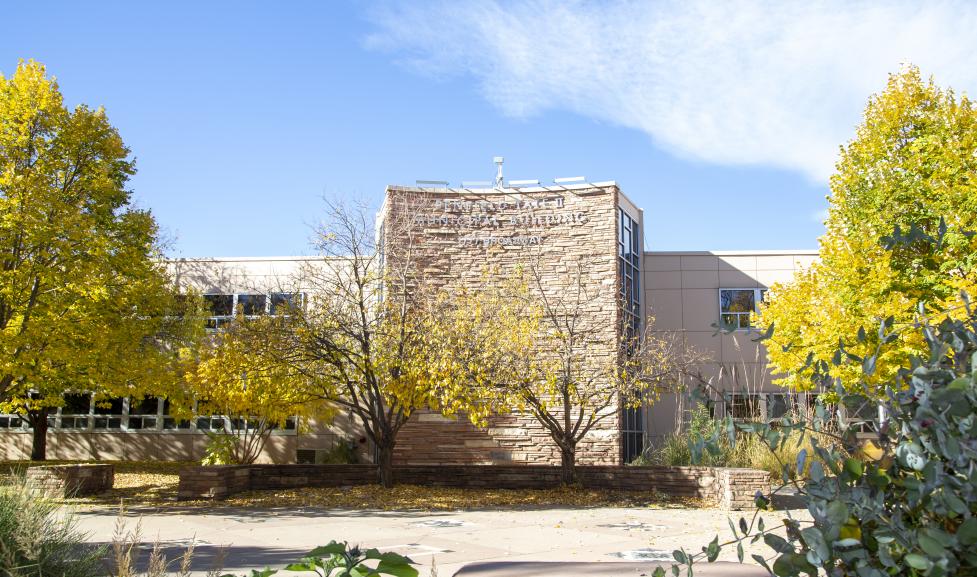
This measure would significantly raise the pay of Boulder’s elected officials, with the mayor earning more than other council members.
How much are they paid now?
First implemented in 1989, the charter sets council pay at $100 per meeting, with annual increases for inflation. In 2024, that equated to $244.14 per meeting. If council had 52 meetings per calendar year, that equals $12,695.28 in 2024.
How much would they be paid if this passes?
This would set council and mayoral pay at 40% and 50% of Area Median Income (AMI), respectively, with the mayor earning more due to the additional responsibilities they perform.
In 2024, that would be $40,080 for council members and $51,100 for the mayor. This measure won’t go into effect until Dec. 1, 2026, so the actual salaries will be calculated based on AMI at that time.
Where will the money come from?
Boulder’s general fund, where council pay currently comes from.
The difference between current and proposed compensation is $263,882.52 in 2024 dollars, though the actual amount will be different at the implementation date. That’s how much more money the city would have to find in its budget, as this measure does not propose a funding source.
Things to consider
- Council members currently earn less than 15% of AMI for a single person. Proponents of higher pay argue that this limits who can run for office, since it is not possible to support oneself on such a low salary.
There is a lack of socioeconomic diversity on Boulder’s city council. Many members have been retired or employed in higher-paying industries. The vast majority have been homeowners.
Reformers in Boulder and beyond believe that paying a self-sufficiency wage to elected officials would allow more people the financial flexibility to run for office, creating a body that is more representative of the community.
- No study has been done at the local level to determine whether higher salaries result in more working-class candidates and elected officials. The cost and time involved in campaigning may also act as barriers for working-class people to run for office; this measure would not address those.
- The additional salary would be paid out of the general fund, the city’s largest pot of discretional money. As a funding source, it’s strained: It pays for things like emergency services, roads, essential staff like the city manager and human resources department, etc. Council pay, even at a higher amount, would represent a relatively small slice (about 0.13% in 2024, if they were being paid these salaries today) but opponents have noted that any increase to general fund spending will likely come with tradeoffs in the way of cuts to other programs and services. That’s not necessarily the case, but trends point to slowing sales tax, the city’s major source of revenue.
- Some opponents argue that a higher salary removes the community service aspect of elected office and sets the expectation that the position is a part-time job.
- Council members do put in a lot of work, from hours-long meetings that stretch late into the night to receiving thousands of constituent phone calls and emails. Several council members, past and present, have stated that the workload is significant: Bob Yates, who was retired at the time of his service, said he put in 50-60 hours per week. Councilwoman Taishya Adams estimated she worked 326.5 hours between January and May 2024, roughly 16 hours per week, between public and private constituent meetings, community events and discussion with staff and peers.
Other members say they have worked fewer hours, and that you can decide how much time to put into council service.
- In other areas where higher pay has been proposed or pursued, opponents argue that it creates a class of career politicians. Other studies have confirmed that higher-paid elected officials represent constituents better in a number of ways.
From a 2016 study on state lawmaker pay: “When politicians in the United States are paid more, they are less likely to pursue outside employment while serving in office, they introduce more legislation and miss fewer votes, they are more in-step with their constituents ideologically, they are more likely to run for re-election, they favor citizen interests over business interests, and they face more competition from qualified challengers.”
It’s not clear how applicable those studies are to local offices with wages that are far below private-sector salaries for the area. While 40-50% of AMI might cover basic needs in Boulder, it is not a competitive salary.
- None of the current council members would benefit from this pay increase unless they were re-elected to office. Their terms currently end in November 2025 or 2026; increased pay would kick in for the next council to be elected.
